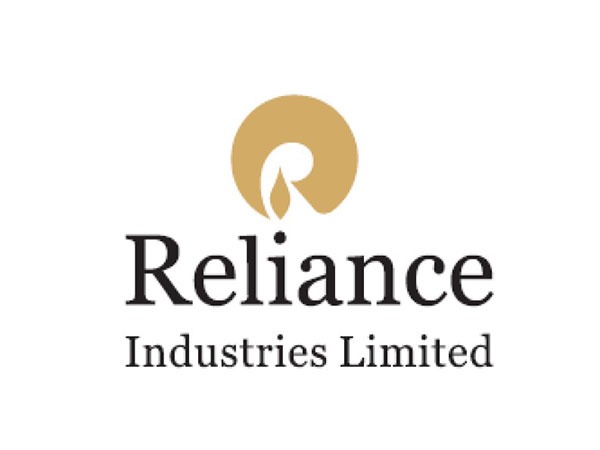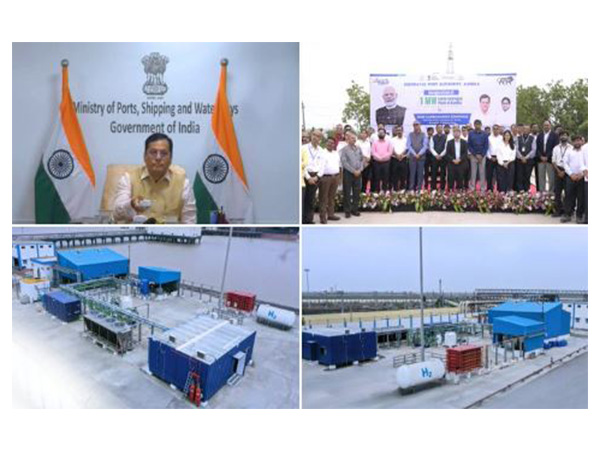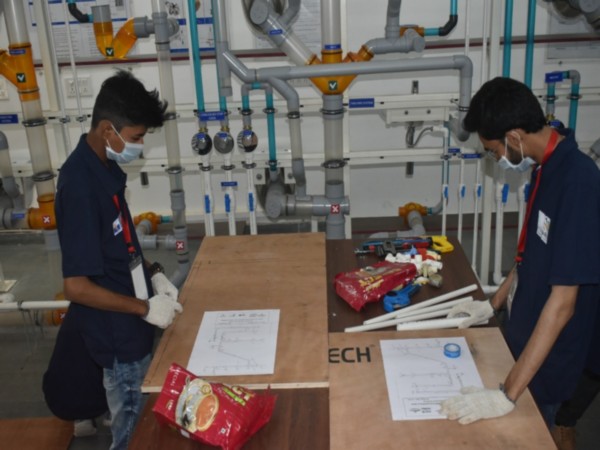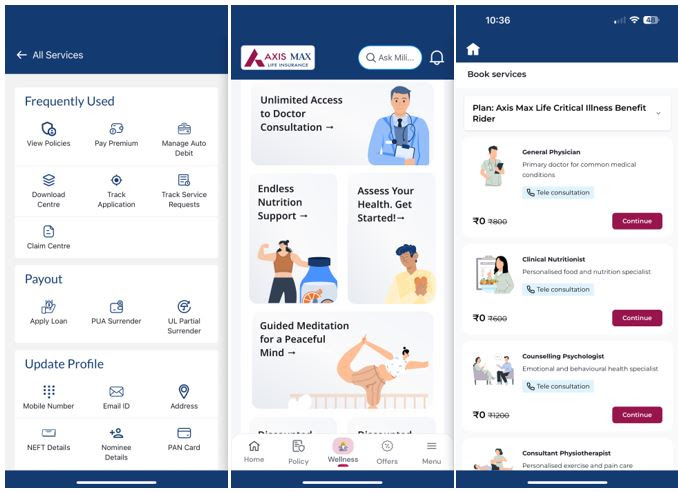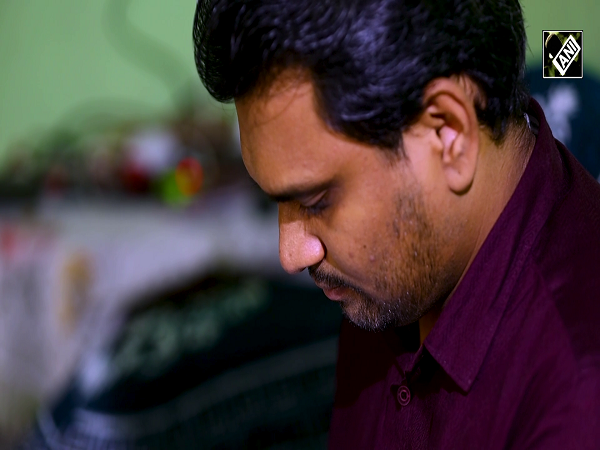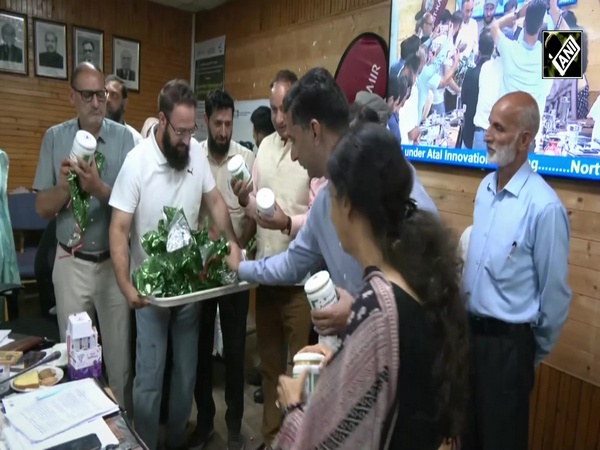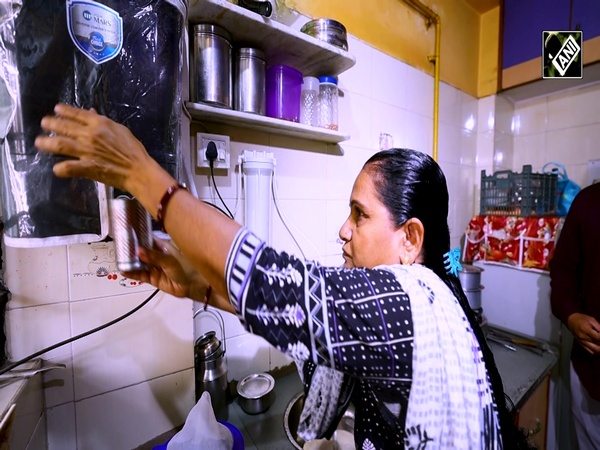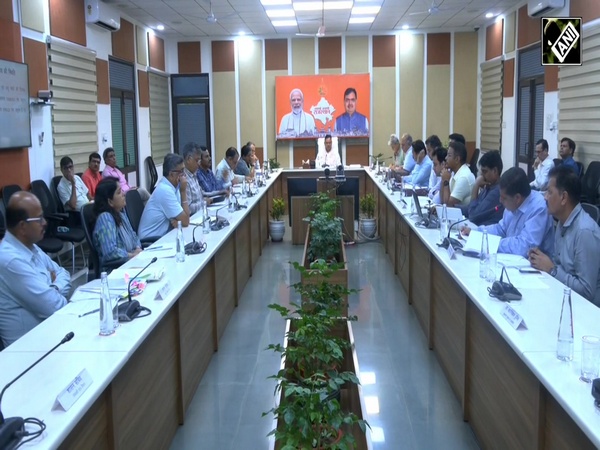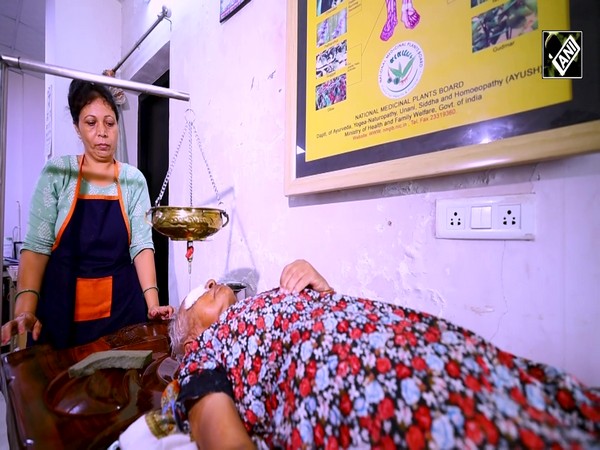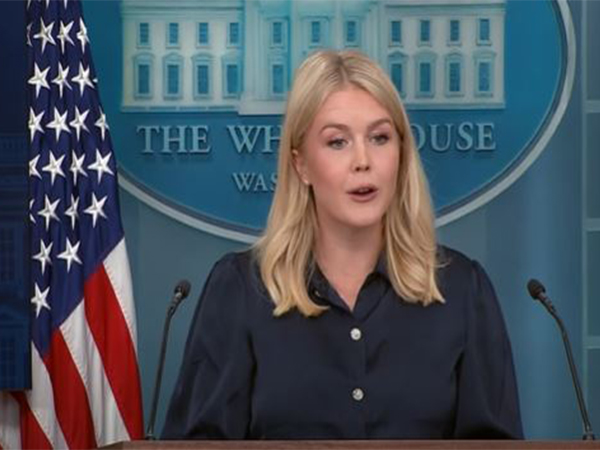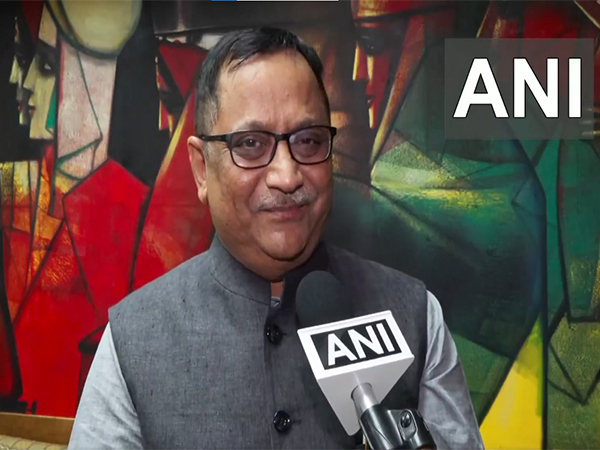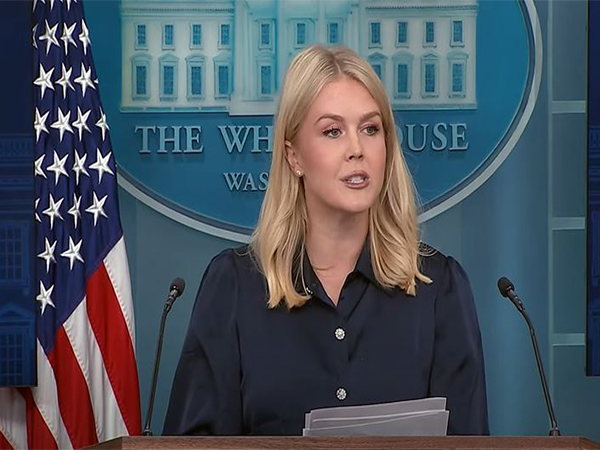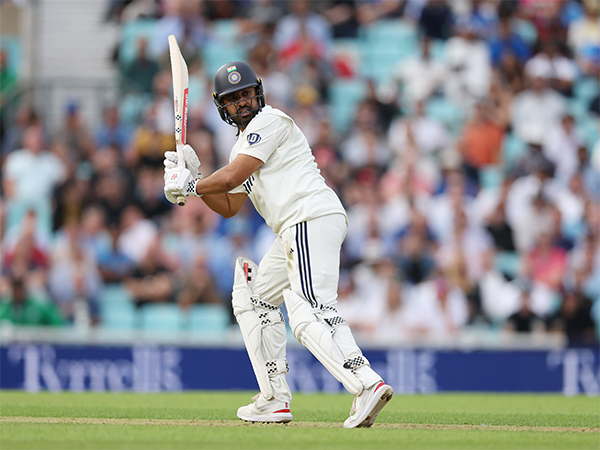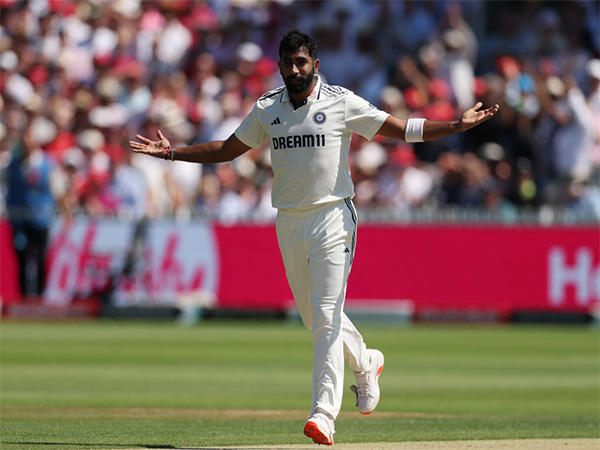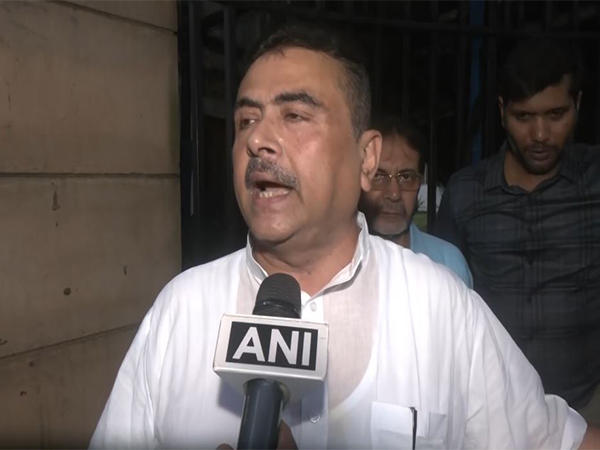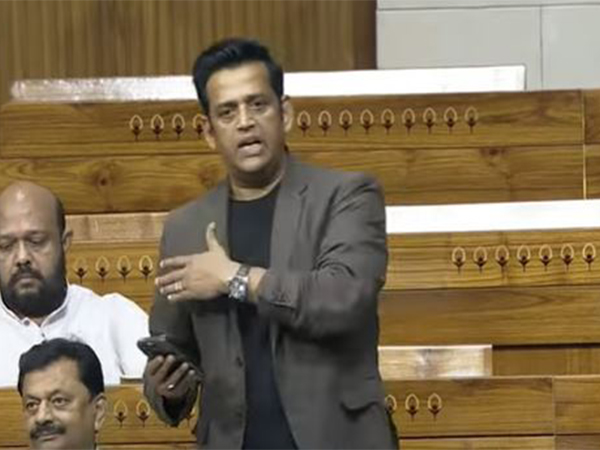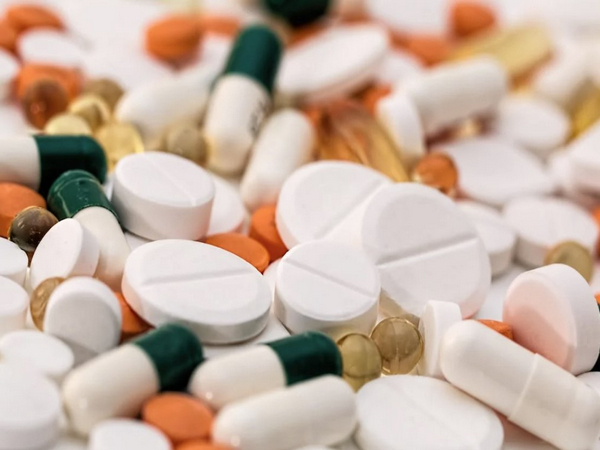
Trump's tariff move on India may backfire, say Pharma Industry Leaders
Jul 31, 2025
New Delhi [India], July 31 : The Indian pharmaceutical industry has hit back strongly at the recent tariff announcement by U.S. President Donald Trump, calling it a move that could hurt the American healthcare system more than India's economy.
Reacting to the U.S. decision to impose a 25 per cent tariff on Indian goods, Dilip Kumar, Chairman of Medical Tourism at the Chamber of Commerce, told ANI that the move aimed at damaging the Indian economy. However, he expressed confidence that it would not succeed.
"He is trying to kill the market of the Indian economy, but it is not going to happen," Kumar said.
"We are exporters, especially of medical equipment, pharmaceuticals, and disposables, which mostly come from India. The American market is dependent upon Indian and Chinese markets."
Kumar emphasized that the cost of treatment and medical procedures in the U.S. will increase as a result of this move, directly affecting American citizens.
"India won't be impacted, as we will go by the route of exporting to European countries. We can survive in the toughest times and bounce back," he added.
Echoing similar concerns, Namit Joshi, Chairman of Pharmexcil, highlighted the critical role India plays in the global pharmaceutical supply chain. He said that India supplies nearly 47 per cent of the U.S.'s pharmaceutical needs, especially in the generic drugs segment.
"India has long been a cornerstone of the global supply chain for affordable, high-quality medicines, particularly in the generic drug market, where it supplies nearly 47 per cent of the U.S.'s pharmaceutical needs. Indian pharmaceutical companies play a vital role in ensuring the affordability and availability of essential medications, including life-saving oncology drugs, antibiotics, and chronic disease treatments," Joshi said.
He warned that any disruption to this supply chain would lead to shortages and rising prices in the U.S. "The immediate consequences of these tariffs will likely result in increased costs for essential drugs, the long-term impact will be even more severe," he said.
Joshi added that the U.S. market, which relies heavily on India for Active Pharmaceutical Ingredients (APIs) and low-cost generics, would struggle to find alternatives.
"Efforts to shift pharmaceutical manufacturing and API production to other countries or within the U.S. will take at least 3-5 years to establish meaningful capacity."
Industry experts believe the tariff move is a miscalculation that may damage the very healthcare system it aims to protect.
However, clarity has to come whether the new 25 per cent tariffs will apply to India's pharmaceutical sector, as in an earlier announcement of April, President Trump had exempted the pharma sector from tariffs.


